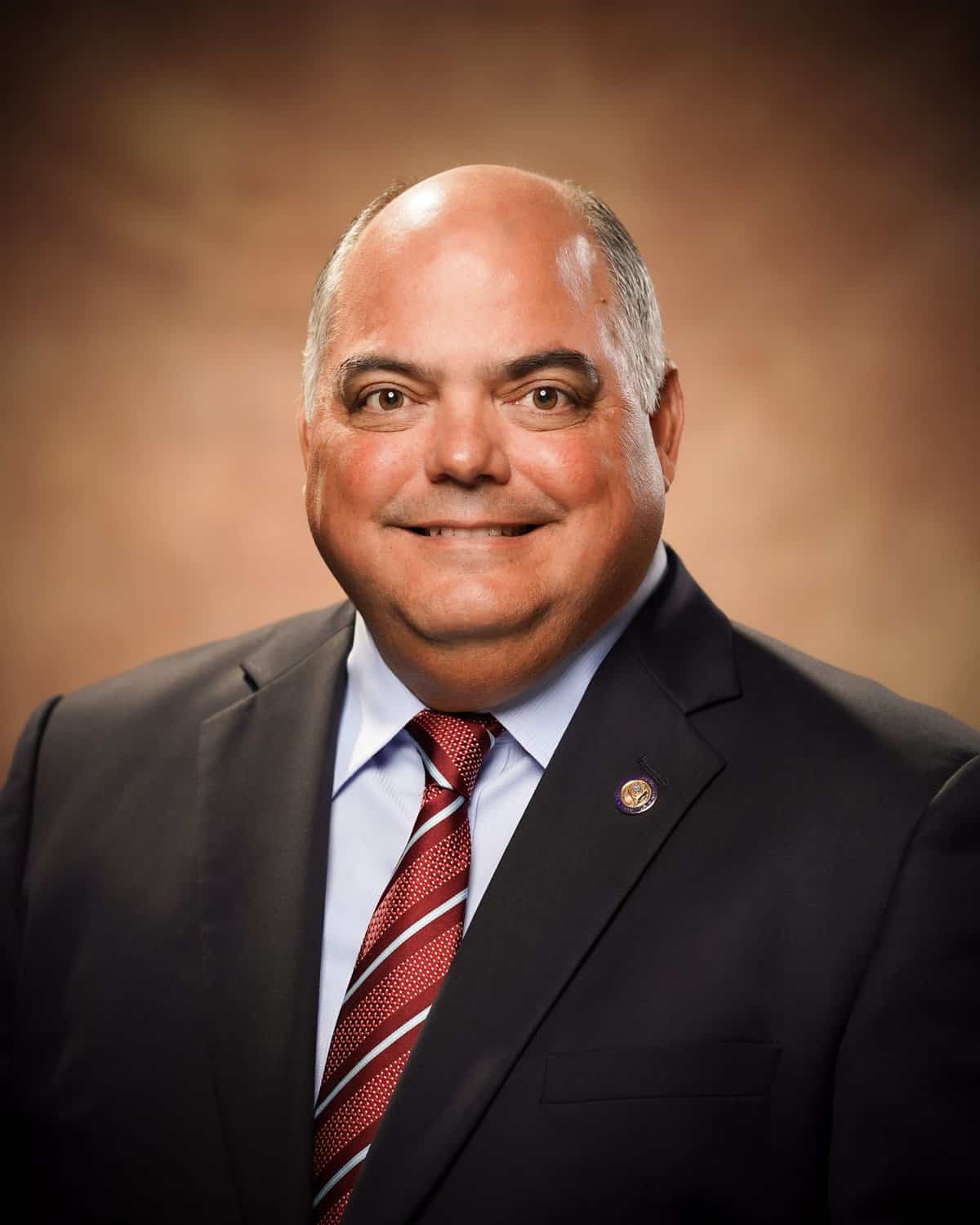In yet another attempt to clip the governor of Guam’s emergency powers, Senator Chris Duenas Tuesday introduced a bill that would authorise the legislature to terminate a public health emergency declaration.
Bill 7-37 would empower the senators to end a governor-declared public health emergency status with a majority vote.
Duenas introduced Bill 7-37 after the 36th Guam Legislature failed to override Gov. Lou Leon Guerrero’s veto of Bill 11-36, which would have required legislative approval prior to the extension of a public health emergency declaration.
The governor has finally ended the Covid-related public health emergency, which was first declared on March 2020 and constantly extended each month until it was lifted on January 6.
In the same executive order that lifted the public health emergency, the governor declared Guam “under a state of emergency due to the food insecurity experienced by our people as a result of the Covid-19 pandemic.”
“This emergency is declared for the limited purpose of administering the Supplemental Nutrition Assistance Program emergency allotments for eligible individuals and families to alleviate food insecurity during the national public health emergency,” the governor said.
She said the emergency declaration will continue “until the national public health emergency related to the Covid-19 pandemic terminates, or until such time the benefit period for state emergency allotments ends, whichever occurs first.”
Emergency allotments of what used to be known as “food stamps” have been in place for two years. Under the federal government’s new spending bill, the SNAP emergency allotments are due to expire at the end of February.
“These public health emergencies could have ended long ago, and other measures could have been put in place to aid our people in recovery,” Duenas said.
“I want to thank Gov. Lou Leon Guerrero for acknowledging that a public health emergency can end without risking SNAP benefits and other emergency necessities. The governor’s first executive order of her second term clearly demonstrates that these issues could be addressed individually,” Duenas said.
“This is the same action other states have taken a year ago when we first sought to end the declaration and why Bill 11-36 was so important and why this newly enhanced bill is still necessary,” the Republican senator said.
He noted that current Covid statistics were almost similar to the numbers reported by the government prior to the lifting of the public health emergency.
On January 9, the Department of Public Health and Social Services reported 224 new Covid cases, nine hospital admissions and three deaths during the first week of the month.
“When Covid-19 first entered our island, our streets and our people went silent and once the numbers were announced at three digits, our residents stayed indoors. So, I ask our governor, what was different then?” Duenas asked. “Our people deserve an answer. The businesses that had to shut down due to a lack of operations deserve an answer. The families who made the tough decision to relocate due to a failing economy deserve an answer. The individuals who found comfort in alcohol and drug abuse during forced isolation deserve an answer. We all deserve an answer, governor,” he added.

One Comment “WHO: Pacific islands facing a bumpy road toward the ‘Healthy Islands’ vision”
Comments are closed.